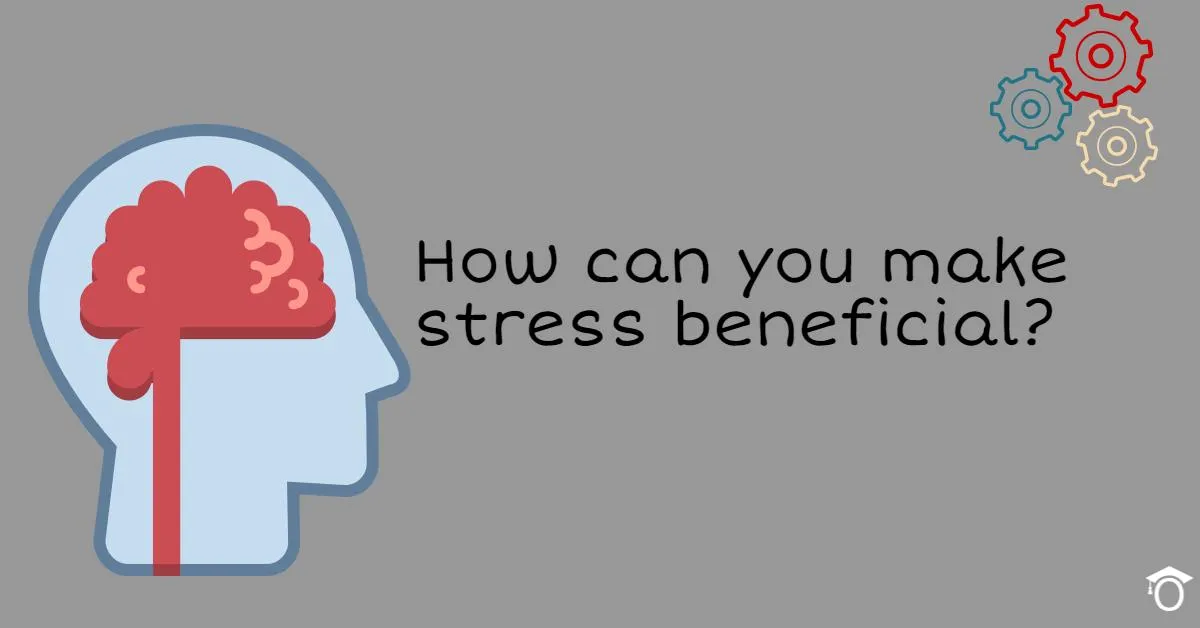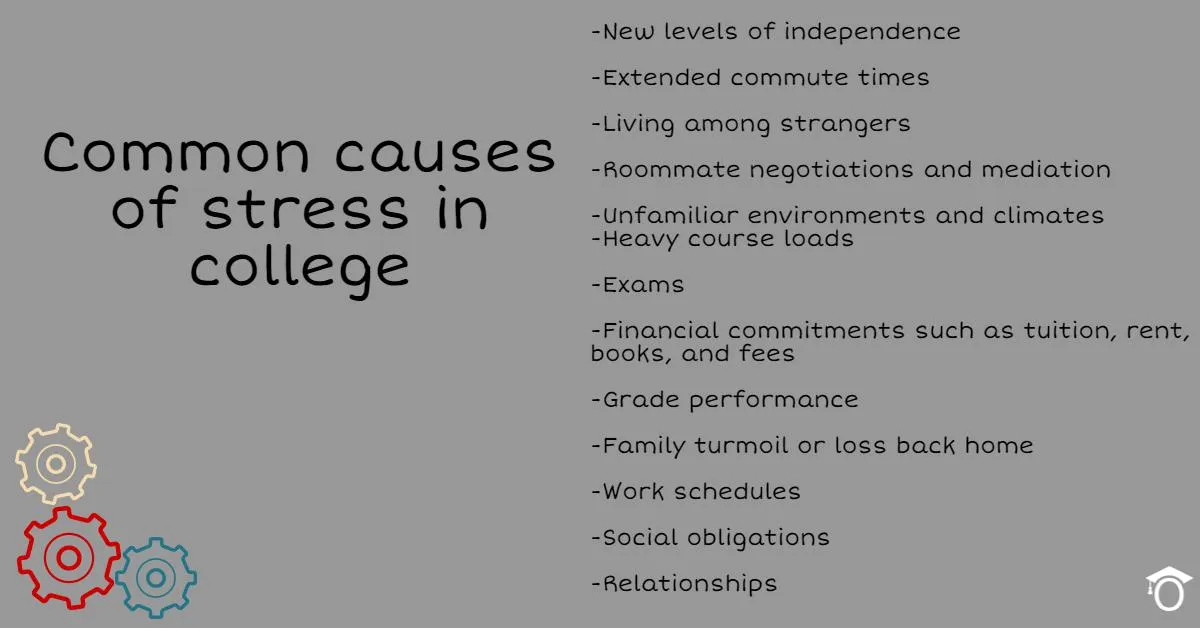Before I begin this post, I want you to think about what stresses you out. Now, I want you to think about what stresses your closest friends or family members out. Do you see the differences between what causes you stress and what causes other people stress? This is because the term stress is highly subjective it varies from person to person.
It is common for college students to feel an accelerated amount of stress, and as you could imagine each student responds to obstacles they are faced with differently. When students are faced with an issue, some may be motivated to excel while others panic. It is important, as a college student, to be aware of the stressors that trigger panic and anxiety.The negative impacts of stress can inhibit you from being successful in your education endeavors. In this post I am going to answer the question: how can you make stress beneficial?
There are 2 types of stress: Eustress and Distress.
Eustress
Stress that is beneficial and helps motivate you to get the job done is called, eustress. Instead of feeling empty and confused, this type of stress gives you the feeling of fulfillment and motivation, which helps you eliminate the problem. I personally enjoy this stress and can say that it helps me accomplish things that I never thought I could. “Good stress” is short term and comes from anticipation or excitement. When you are feeling this type of stress, your body processes it as positive and is actually releasing endorphins to make you feel that sense of motivation
Distress
Distress is when you get excessively overwhelmed with eustress; the anticipation no longer becomes fun and begins to take over our emotions, making an individual feel like there is no end in sight. “Negative stress” can be long-term or short-term and tends to demotivate. This stress can cause physical, mental, and behavioral issues. A person experiencing distress usually has anxiety or feels like they are depressed
3 tips on preventing ‘negative stress’
1. Don’t over pack your schedule
It is easy to feel overwhelmed with an excessive number of commitments. To prevent this use a planner, write down tasks, and prioritize. Remember that it is okay to say ‘no’.
2. Avoid procrastination
Personally, procrastination has caused me a lot of unnecessary stress. If you have any spare time, use it to get ahead! This is something that has helped me immensely. I used to believe that when I started a paper, a blog post, math homework etc. that it had to be completed in that chunk of time. I have come to find out that I was wrong. It is okay to use the 15 minutes between classes to start on your math homework. The small things are important, so let small accomplishments add up.
3. Dedicate time for relaxation
Just because you have a busy day doesn’t mean you can’t relax. I am a strong believer in breaks throughout the day. I personally think that if you don’t give your brain time to relax, you won’t produce quality work. When I don’t dedicate time to relax, I find myself over- thinking, second guessing myself, and not focusing on what is in front of me.
Sources: Types of Stress; What is Stress?; A student’s guide to balancing stress; Eustress vs Distress

As Blogger and budget aficionado, Tara K. helps students across the country enhance their knowledge about money management and everyday life. She is constantly looking for new ideas to transform into great advice for you. Pursuing a journalism major, Tara K. has a passion for the art of inquiry, which is conveyed through her writing.


